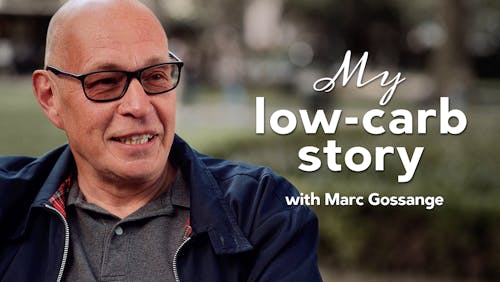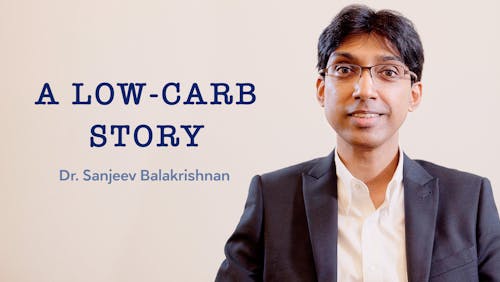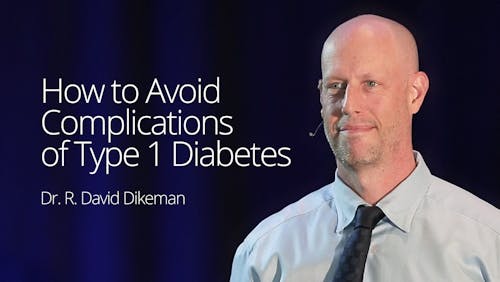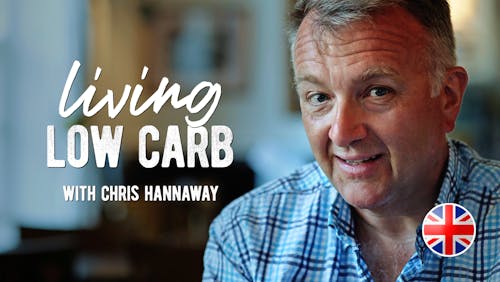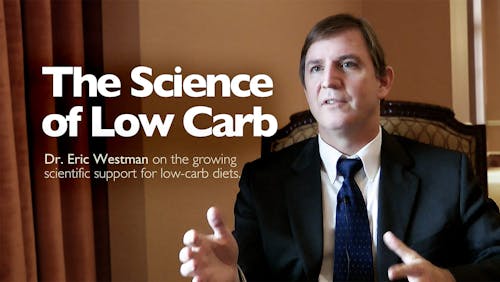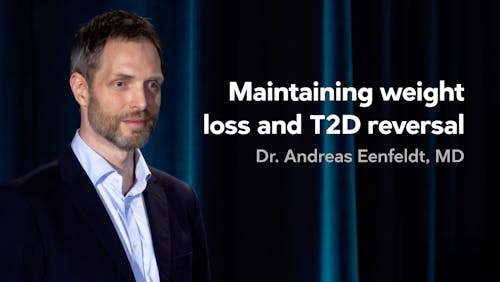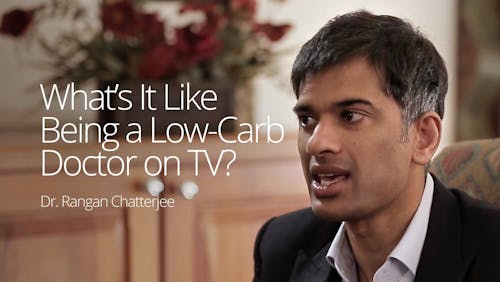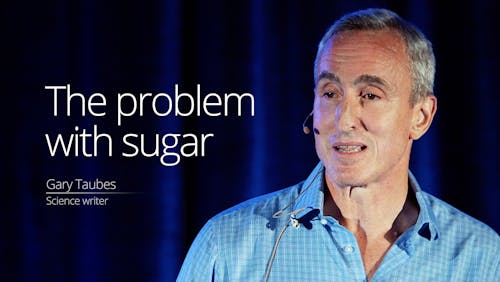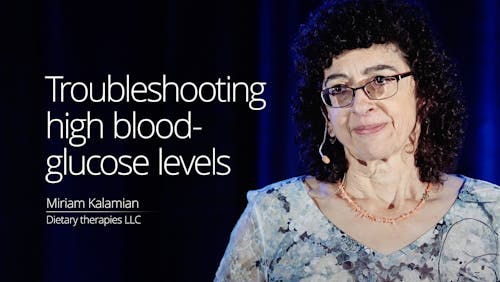Do fruits, veggies, and grains prevent diabetes?
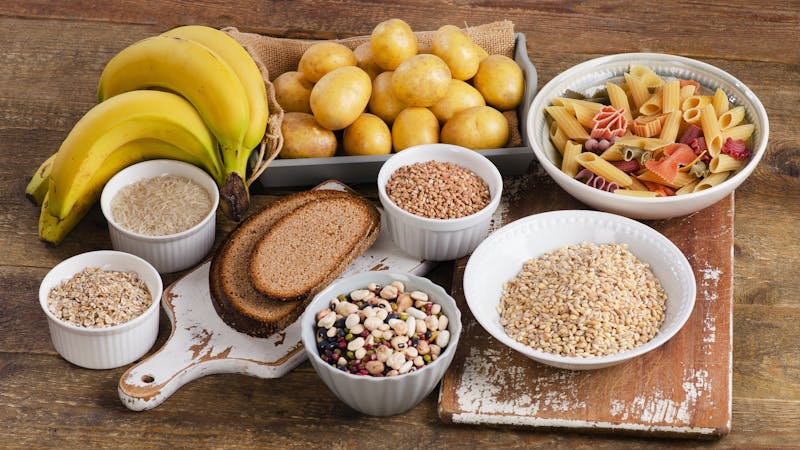
Two new observational reports suggest eating more fruits, veggies, and whole grains in order to prevent type 2 diabetes. But does the scientific evidence support the conclusion?
At Diet Doctor, we know there is no shortage of weak nutritional epidemiology studies that promote whole grains as a superior option to refined grains — or that claim those who eat fruits and vegetables are healthier than those who don’t.
But does that mean fruits, veggies, and whole grains make you healthier?
Not according to existing research, which falls short when it comes to providing support for this theory. And these two new studies that are gaining media attention are no different.
The first study, published in The BMJ, a peer-reviewed medical journal, evaluated data from three observational studies and compared dietary patterns of those with and without type 2 diabetes. Its findings show that those who ate more whole grains in the form of oatmeal, cereal, or dark bread had a lower risk of developing type 2 diabetes than those who ate less.
Interestingly, the same association did not hold up for popcorn. This may be because popcorn, unlike oatmeal and whole-grain cereals, is more of a snack that’s commonly enjoyed by both baseline healthy and less healthy people.
As with many nutritional epidemiology studies, the data was obtained through subjective food frequency questionnaires, an unreliable manner for obtaining accurate information.
Perhaps more important is the fact that this data confirms the concept of “healthy user bias.” Those who ate whole grains were also more likely to take a multivitamin and exercise. They were also less likely to smoke and drink alcohol. These characteristics simply show that they lived a healthier lifestyle and were more likely to strive for good health.
But was it the whole grains that made them this way? Of course not.
Instead of concluding that whole grains were the “reason” for a lower risk of diabetes, all we can conclude is that baseline healthier people tended to eat more whole grains. It’s not as exciting of a headline, but it is likely the only accurate headline that should come from this study.
The second study, also in The BMJ, looked at data from an observational study, the European Prospective Investigation into Cancer and Nutrition (EPIC) study.
One benefit of this report is that they did not rely on food frequency questionnaires. Instead, its authors measured blood levels of various compounds, which correlate with fruit and vegetable intake, such as vitamin C, total carotenoids, lycopene, and others.
The concentrations of these compounds were higher in participants without type 2 diabetes compared to those with type 2 diabetes.
However, once again, this study does not show cause and effect. Rather, it more likely shows that within the general population, baseline healthier people tend to eat more fruits and veggies.
The values also varied significantly between men and women, education level, smoking status, and physical activity.
I don’t recall seeing a headline that said eating fruits and vegetables helps people to not smoke. Yet, that is essentially the same as concluding they help people ward off type 2 diabetes.
In the end, these studies do not add much when it comes to the weak evidence, which holds that whole grains, fruits, and, veggies prevent type 2 diabetes. These food groups can certainly be part of a healthy lifestyle for some, but that doesn’t mean upping your intake will prevent type 2 diabetes or other chronic health conditions in everyone.
Nutrition is far more nuanced and individualized than that.
Looking to learn more about the amounts of fruits and veggies you can consume while reducing carbs in your diet? Check out our visual guide, titled How much food is 20 or 50 grams of carbs? — or read more in our more comprehensive guide to carbohydrates.
Thanks for reading,
Bret Scher, MD FACC
Earlier
The metabolic impact of keto for those with and without type 2 diabetes
Intermittent fasting in women over 60
Saturated fat vs. sugar: What is the cause of fatty liver?
Start your FREE 7-day trial!
Get delicious recipes, amazing meal plans, video courses, health guides, and weight loss advice from doctors, dietitians, and other experts.
Join now